Mixed messaging much??
“Be Kind” is something we hear a lot growing up – especially, but not exclusively of course, women.
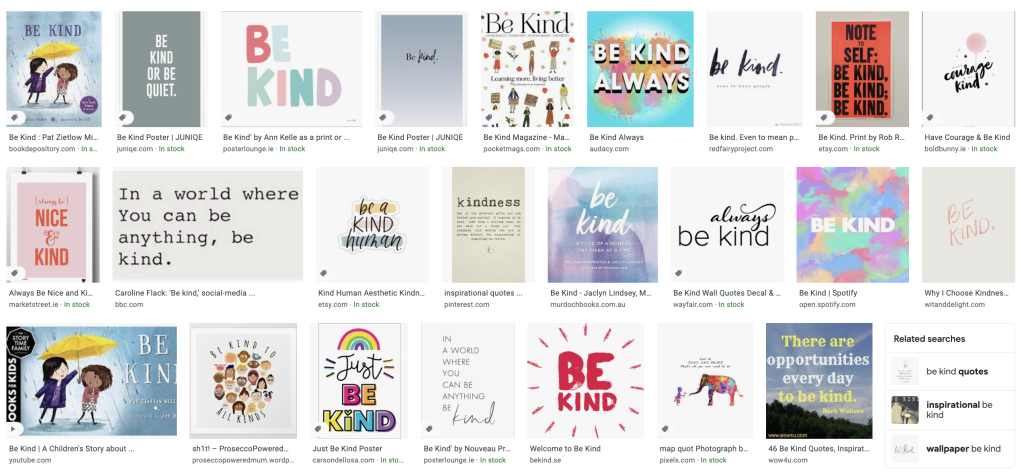
And kindness is so, so important. So basic, so simple. If everyone were kind, the events we are currently witnessing would simply be alien to us. There would be no Putins. I can (and do) dream…
So when a therapist comes along and says ‘maybe ease up on the being-kind-to-everyone’ that can feel … off. Morally wrong even. It may sound tempting, but impossible. It might even feel like a criticism, like being told you need to change who you are. Isn’t kindness what makes us likeable? Loveable? Isn’t that how we survive and thrive as a species?
Is it not the single most important trait we can have?
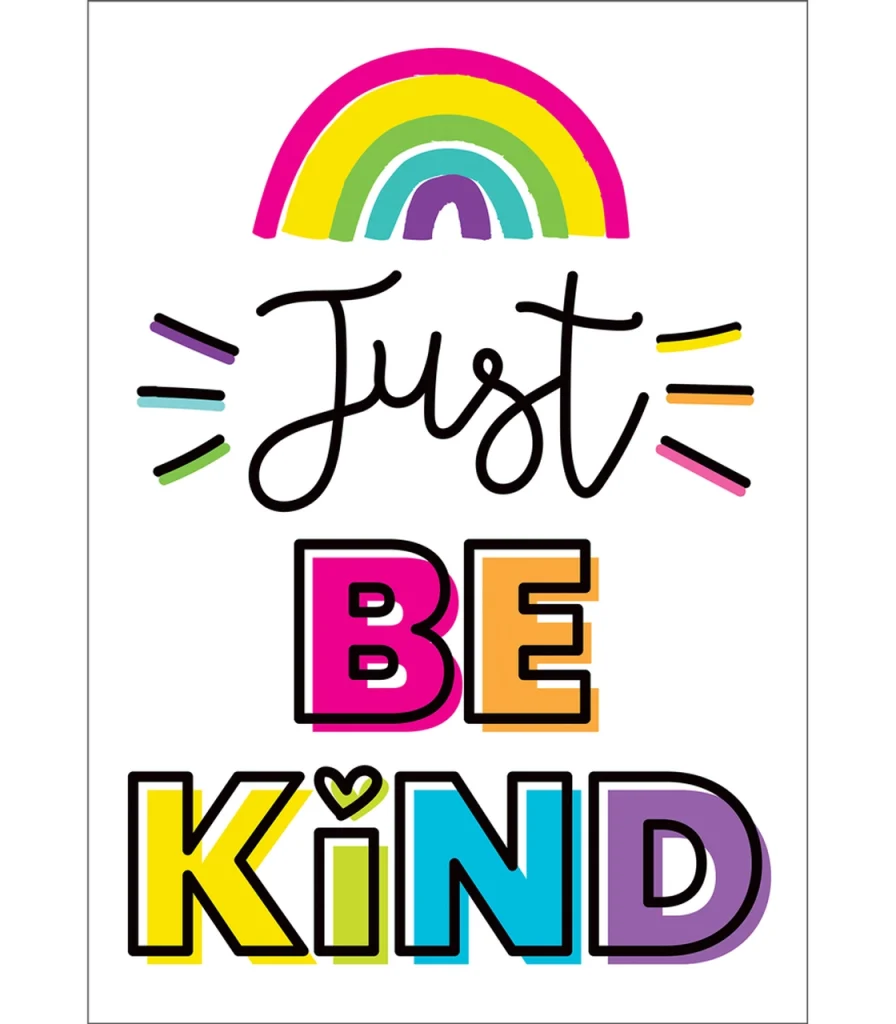
So some of us might resist, maybe even fear, saying no. Because we’ve been taught that that’s the same as being unkind. Or mean, selfish or cruel.
And so we say yes. We say yes when we’re already exhausted, already stressed, already at our limit. We say yes when our body screams no and then gives us a headache or neck pain to y’know, rub it in… But we often ignore these signs. We might not even join those dots.
I and colleagues often hear ourselves saying ‘maybe stop being so nice to everyone’. Not in such a directive manner of course, I’m paraphrasing. But I will always challenge a serial ‘be-kind-er’.
Being kind all the time (where being kind means saying yes and being accommodating) – can be a dangerous way to live.
Don’t say “no” to a boy when he asks you out/ to go online/ go on a date, to show him a pic, don’t say ‘no’ to the creepy relative who wants a hug, don’t refuse a gift, always help, always listen, always keep a secret, always help. Smile at everyone, even that friend who keeps asking for just one more little favour. Just be nice, be kind…
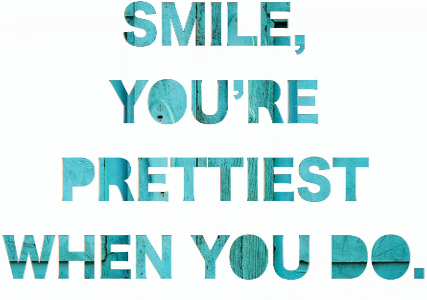
Well, you see where I’m going. It gets complex, quickly. We internalise how others value us, and sometimes the message we internalise is:
I am liked when I say yes and I will be rejected when I say no.
So, what can we do??
I was working with a capable, strong, kind woman this week and we came to an agreement on how to frame this quandary. Here’s what happened:
I was wondering aloud why she agreed to take on a monumental task despite the fact that she was already stretched. In fact even if she weren’t, she would not relish the thought of this particular task. At all.
So why the ‘yes’? Well, wouldn’t it be rude to say ‘no’, she countered?
Oh yes, I know this feeling. I’ve felt this feeling! But is it really rude? Or have we been socialised to think that ‘no’ is rude?
Usually, and I know you may not initially agree, it’s that we’ve been socialised.
And often we’ve been praised and valued for our ‘service’ to others. Again, not exclusively, but in my experience particularly girls and women. Perhaps people have come to define you as generous, always having time for them, always there for them, always ready to help, to mind, to care for them. Such a dote. Awww…
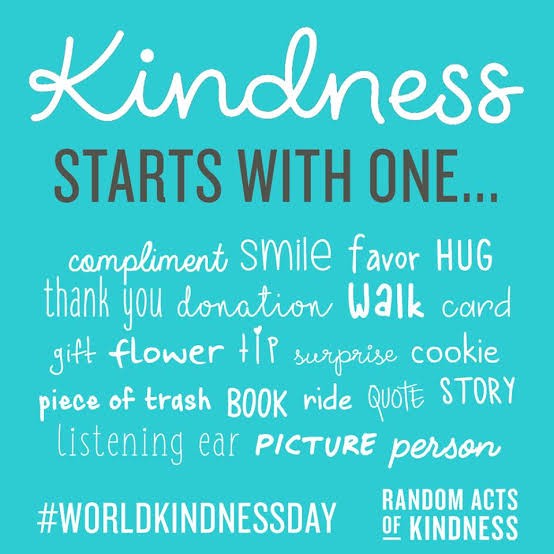
And these are lovely qualities. And my client didn’t want to lose these qualities.
Here’s the thing – I don’t want her to lose them either! But I can hear the drain in her voice. Loud and clear, in between the sighs.
So here’s the reframe we came up with:
It’s not about changing who you are. It’s about you also benefiting from who you are.
This is not new, there are variations out there of course. But I do like the word benefit. We can benefit from our own traits and habits. We forget that. And it literally might not occur to us that we’re allowed to do that. It’s not mean, selfish, cruel. It’s a payoff. And that’s Ok – better than Ok.
One way to benefit from our own kindness is to allow ourselves to say ‘no’ if we feel compromised in any way. Just as we’d likely encourage a friend to say ‘no’ too. (Because yup – we’re being kind to them…)
Plus – and I could go on for pages about the risks of saying yes all the time – but one of the benefits of saying ‘no’ is that when you say ‘yes’, people know you mean it, and they appreciate it. Which is different from expecting it. You are teaching them boundaries by having boundaries.
Figuring out how to say ‘no’ is for another post I guess. But for now, the short version as Anne Lemotte put it years ago:
“No” is a complete sentence.
Or to paraphrase Michael Hyatt, “Every ‘yes’ to one thing, is a ‘no’ to something else,” like, yourself.
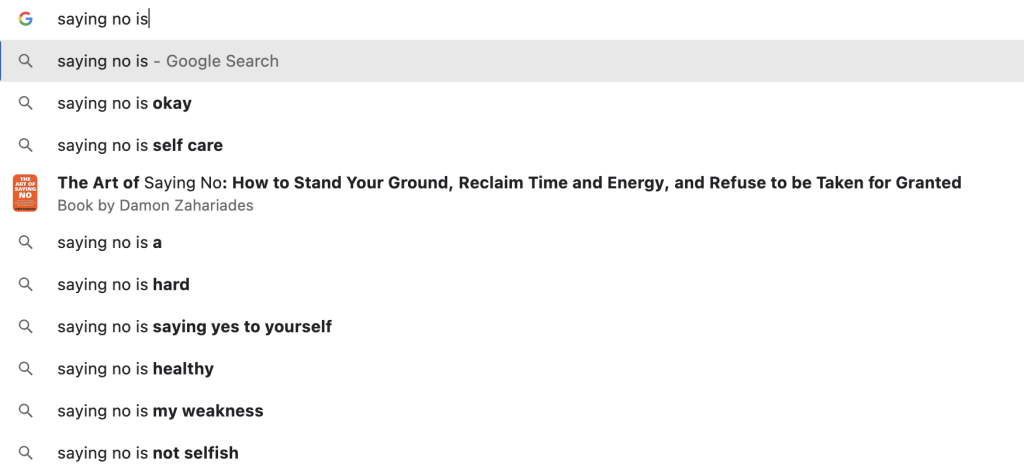
Sheldon nails it 😉
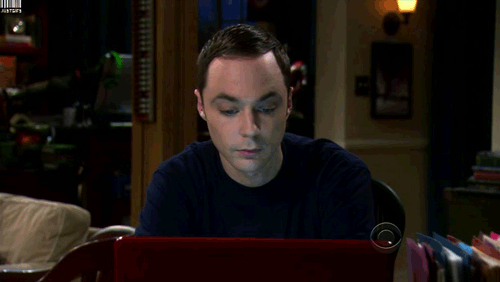
*Thank you E!
